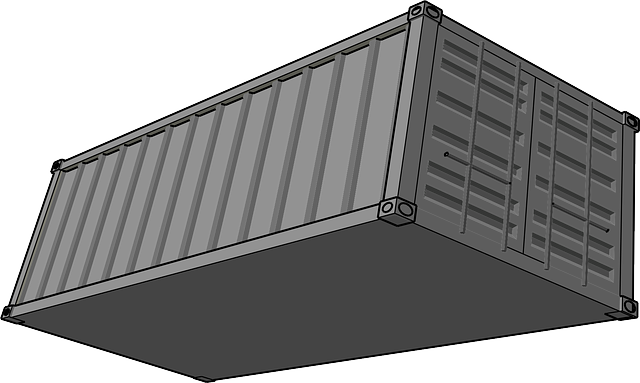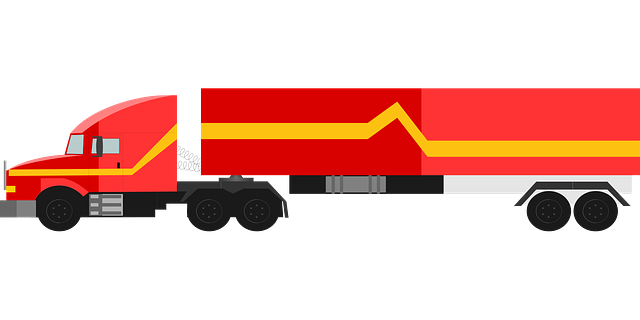Cargo insurance startups face significant challenges due to the complex nature of trucking operations, including diverse vehicles, cargoes, and routes with distinct risks. Insurers must consider factors like driver experience, vehicle maintenance, and cargo types for accurate risk assessment. Regulatory compliance is paramount, and understanding these intricacies is crucial for providing tailored coverage that meets the unique demands of the trucking industry. Startups often face higher premiums due to lack of track record, but careful selection of liability protection and coverage against physical damage and cargo loss can minimize risks and support growth.
“Launching a trucking operation is an exciting yet complex endeavor, presenting unique challenges when it comes to insurance. This article guides new businesses through the intricacies of navigating cargo insurance for startups, highlighting specific considerations that differ from established operations. We explore essential coverage options for mitigating risks and provide strategies for building a robust risk management framework. By understanding these complexities, trucking startups can secure their future, ensuring peace of mind on the road ahead.”
Understanding the Complexities of Trucking Operations

Insurers face a unique set of challenges when it comes to covering trucking operations, especially those belonging to new startups. These businesses navigate complex networks involving various types of vehicles, cargoes, and routes, each presenting distinct risks. From heavy-duty trucks transporting hazardous materials to smaller delivery vans making frequent urban stops, every operation has its own set of parameters that impact insurance needs.
Cargo insurance startups need to consider factors like driver experience and safety records, vehicle maintenance practices, and the nature of the cargo being transported—all of which play a significant role in risk assessment. Additionally, regulatory compliance is paramount, as trucking operations must adhere to stringent laws and guidelines related to hours of service, vehicle inspection, and more. Insurers must thoroughly understand these intricacies to provide tailored coverage that meets the unique demands of the trucking industry.
Navigating Cargo Insurance for Startups: Unique Considerations

Starting a trucking operation is an exciting yet complex endeavor, and one area that requires careful consideration is cargo insurance. For new businesses in this sector, navigating the world of cargo insurance can present unique challenges. Firstly, startups often face higher premiums due to their lack of established track record and history. Insurance providers assess risk differently, and young companies might be seen as more prone to loss or damage, resulting in higher costs.
Additionally, understanding specific coverage options tailored for trucking operations is crucial. Cargo insurance isn’t a one-size-fits-all policy; it needs to account for various cargo types, transportation methods, and potential risks. Startups should carefully review the terms and conditions, ensuring they have adequate protection for their assets. This includes considering liability, physical damage, and cargo loss or damage during transit.
Mitigating Risks: Essential Coverage Options

Starting a trucking operation comes with unique risks, especially for startups navigating the complex world of freight transportation. Mitigating these risks through comprehensive insurance is paramount to ensuring the financial health and longevity of your business. Key coverage options for cargo insurance startups include liability protection, which covers damages to property or injuries caused during the course of operations, offering a safeguard against potential legal claims.
Additionally, cargo insurance protects against losses incurred during transit. This is crucial for startups handling valuable freight, ensuring that any damage, theft, or loss of cargo doesn’t bankrupt your business. By carefully selecting these essential coverage options, trucking startups can minimize financial vulnerabilities and focus on growing their operations with peace of mind.
Building a Robust Risk Management Strategy for New Trucking Businesses

Starting a trucking operation comes with unique risks, and building a robust risk management strategy is key for any startup in this industry. Cargo insurance is a cornerstone of this strategy, offering protection against financial loss due to cargo damage, theft, or delays. For new trucking businesses, understanding their specific needs and choosing the right insurance coverage is essential.
These startups should consider factors like fleet size, types of cargo transported, routes traveled, and potential risks associated with their operations. Customizing a risk management plan that includes comprehensive cargo insurance can help mitigate financial exposure and ensure business continuity. By taking proactive measures, new trucking operations can navigate the challenges of an unpredictable market and set themselves up for long-term success.
Insuring a new trucking operation presents unique challenges, particularly for startups navigating the complex world of cargo insurance. By understanding the intricacies of trucking operations and implementing a robust risk management strategy, businesses can effectively mitigate risks and secure essential coverage options. This includes carefully considering specific needs, such as cargo protection, liability, and comprehensive insurance plans tailored to the dynamic nature of the industry. With the right approach, new trucking ventures can thrive while ensuring the safety and security of their assets.
